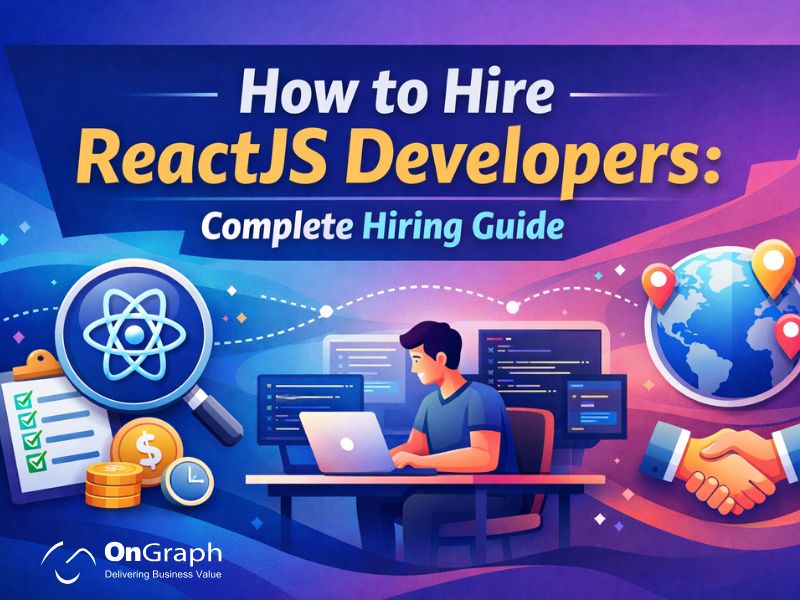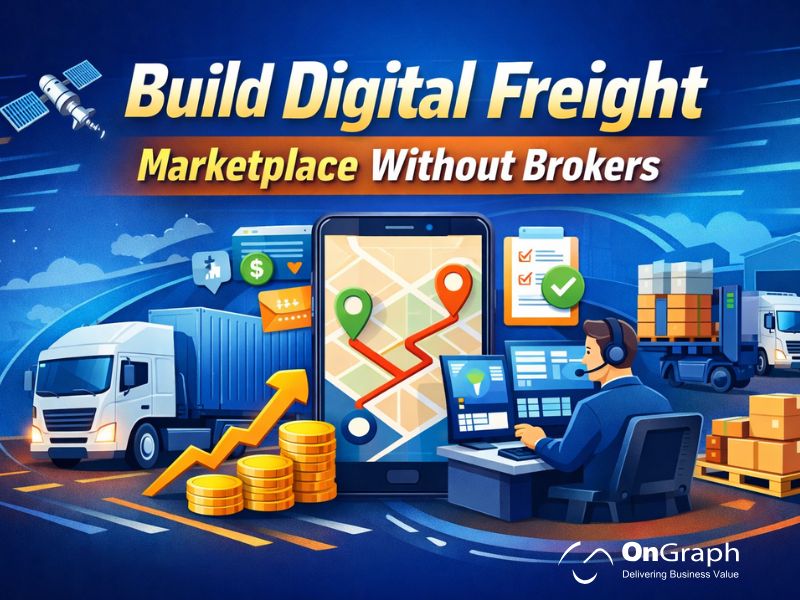In this article
- Understanding Agile: Fast, Flexible, and Customer-Centric
- Understanding DevOps: Automation, Delivery, and Operations
- DevOps vs Agile: A Simple Comparison Table
- Agile Methodology vs DevOps: Use Cases
- How Agile and DevOps Work Together
- Real-World Case Study: Netflix
- Stats to Know in 2025
- Hiring the Right Team: Why You Need a DevOps Expert
- Agile Development vs DevOps: Myths Busted
- Conclusion: Which One Should You Choose?
In today’s fast-changing software world, teams need to deliver better software—faster. Two of the most popular approaches are DevOps and Agile. While both aim to speed up software delivery, they are not the same. This blog helps you understand the DevOps vs Agile debate so you can decide what suits your team best.
Understanding Agile: Fast, Flexible, and Customer-Centric
Agile is a software development approach that focuses on small, frequent releases with continuous feedback. It started with the Agile Manifesto in 2001. Agile helps teams respond quickly to changes and customer needs.
Key Features of Agile:
- Short development cycles (called sprints)
- Daily stand-up meetings
- Continuous customer feedback
- Team collaboration
Agile is especially helpful in product development, where requirements often change. It’s used in Scrum, Kanban, and Lean frameworks.
Understanding DevOps: Automation, Delivery, and Operations
DevOps is a culture and set of practices that bring development (Dev) and operations (Ops) teams together. The goal is to deliver software faster and more reliably by automating infrastructure, testing, and deployments.
Key Features of DevOps:
- Continuous Integration (CI) and Continuous Delivery (CD)
- Automated testing and deployment
- Monitoring and logging tools
- Collaboration between developers and IT ops
DevOps vs Agile Development is not about competition—it’s about understanding their different roles.
DevOps vs Agile: A Simple Comparison Table
| Aspect | Agile | DevOps |
| Focus | Development & user feedback | End-to-end delivery & operations |
| Team Structure | Developers and testers | Developers, testers, and IT operations |
| Feedback | From end users | From systems and users |
| Release Frequency | After each sprint (2–4 weeks) | As soon as code is ready (daily or hourly) |
| Tools | Jira, Trello, Asana | Jenkins, Docker, Kubernetes, GitLab |
| Goal | Quick delivery of working software | Automation and reliability in delivery |
Agile Methodology vs DevOps: Use Cases
Use Agile When:
- Your project needs constant customer feedback
- You have fast-changing requirements
- Your team is small and focused on development
Use DevOps When:
- You want to automate the release process
- You have large systems to manage
- You need frequent updates without manual intervention
How Agile and DevOps Work Together?
While people often ask “Agile vs DevOps,” the reality is, they can work together.
- Agile focuses on planning and development
- DevOps focuses on deployment and operations
For example, Agile teams can develop features in sprints, while DevOps tools ensure those features are tested, deployed, and monitored automatically. This combination leads to better speed, stability, and quality.
Real-World Case Study: Netflix
Netflix is a great example of using both Agile and DevOps.
- Agile: Their development teams work in small sprints to create new features.
- DevOps: They use automation tools to test and deploy changes hundreds of times each day.
This model helped them reduce downtime, respond to user feedback quickly, and deliver high-quality video services to millions globally.
Stats to Know in 2025
- According to Gartner, 75% of DevOps initiatives will fail to meet expectations if Agile is not properly implemented.
- The DevOps platform market is projected to grow from $10.4 billion in 2023 to $25.5 billion by 2028.
- Companies using both Agile and DevOps deliver software 30x faster with 60% fewer failures.
Hiring the Right Team: Why You Need a DevOps Expert
Many companies fail to adopt DevOps because they lack the right skills. To fully benefit from automation and faster delivery, it’s smart to hire a DevOps Developer with expertise in:
- CI/CD pipelines
- Cloud platforms (AWS, Azure, GCP)
- Containers and orchestration (Docker, Kubernetes)
- Monitoring tools (Prometheus, Grafana)
Hiring the right DevOps engineer can save months of delay and reduce deployment errors significantly.
Agile Development vs DevOps: Myths Busted
Myth 1: DevOps Replaces Agile
No, DevOps does not replace Agile. It complements Agile by automating what comes after development—deployment, infrastructure, and operations.
Myth 2: DevOps is Only About Tools
Tools like Jenkins or GitLab help, but DevOps is more about team culture, communication, and responsibility sharing.
Myth 3: Agile Doesn’t Need DevOps
Agile can speed up development, but without DevOps, you’ll face release delays, manual errors, and poor monitoring.
Also read- What are the differences and similarities between DevOps vs DevSecOps?
Conclusion: Which One Should You Choose?
Instead of thinking about Agile vs DevOps, think about how to combine both.
- Use Agile to build fast and adapt to users.
- Use DevOps to release faster and keep systems stable.
Together, they help deliver high-quality software that reaches users quickly and runs smoothly. Whether you’re a startup or an enterprise, combining both approaches is the best strategy in 2025.
FAQs
Agile is a development method that breaks work into small, manageable pieces and focuses on customer feedback. DevOps is a set of practices that automates the deployment and operations process to ensure faster and reliable software delivery.
Yes, Agile and DevOps complement each other. Agile focuses on how software is developed, while DevOps focuses on how it is delivered and maintained. Many companies use both to improve the speed and quality of software delivery.
Agile tools: Jira, Trello, Asana (used for task and sprint management)
DevOps tools: Jenkins, Docker, Kubernetes, GitLab CI/CD, Prometheus (used for automation, containerization, and monitoring)
DevOps focuses on automation and speed of delivery. DevSecOps adds a layer of security practices into each stage of the DevOps pipeline, ensuring that applications are secure by design and comply with security standards.
Hiring a DevOps developer helps companies automate infrastructure, manage CI/CD pipelines, reduce manual errors, and deploy software faster. With increasing cloud adoption, DevOps experts are in high demand to improve scalability and system reliability.
The DevOps platform market is growing rapidly and is expected to reach $25.5 billion by 2028, according to industry forecasts. This growth is driven by increased demand for automation, cloud-native development, and faster release cycles.
About the Author
Let’s Create Something Great Together!
Latest Blog
















